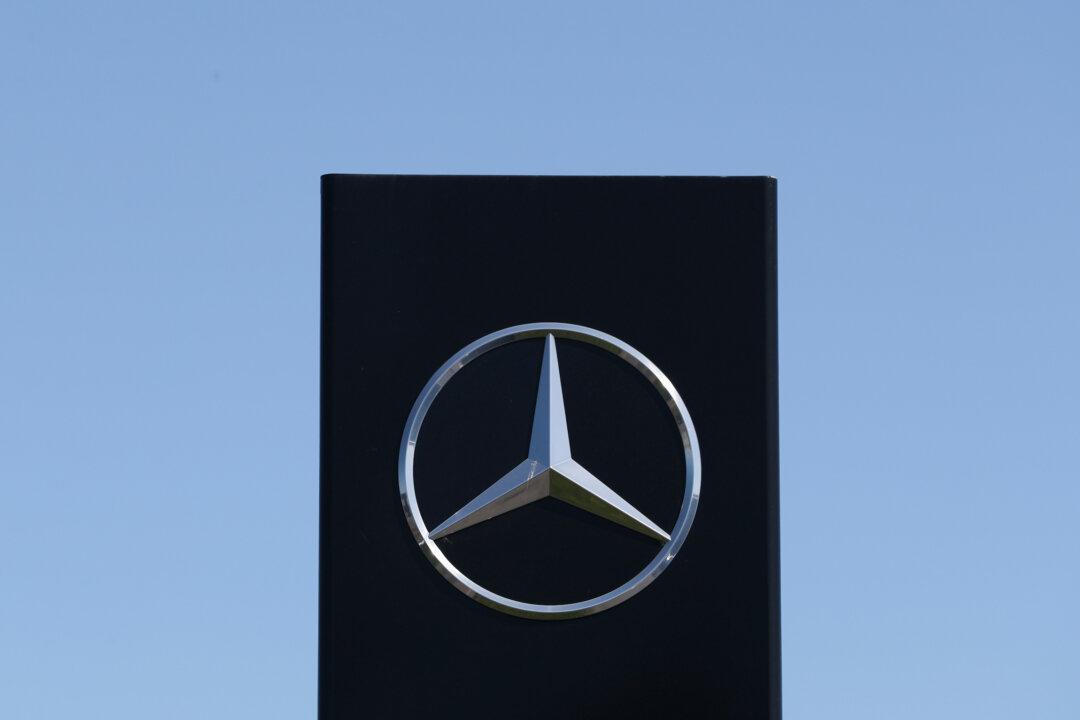BERLIN—Mercedes-Benz will prioritize sales of top-end and electric vehicles in 2022 and deepen its relationship with chip producers, the carmaker said on Thursday, seeking more control over its supply chain amid an ongoing semiconductor shortage.
The Mercedes-Benz Cars & Vans division more than doubled its annual adjusted earnings before interest and taxes (EBIT) to 13.9 billion euros ($15.61 billion) from 6.8 billion euros last year even as unit sales fell 5 percent.





